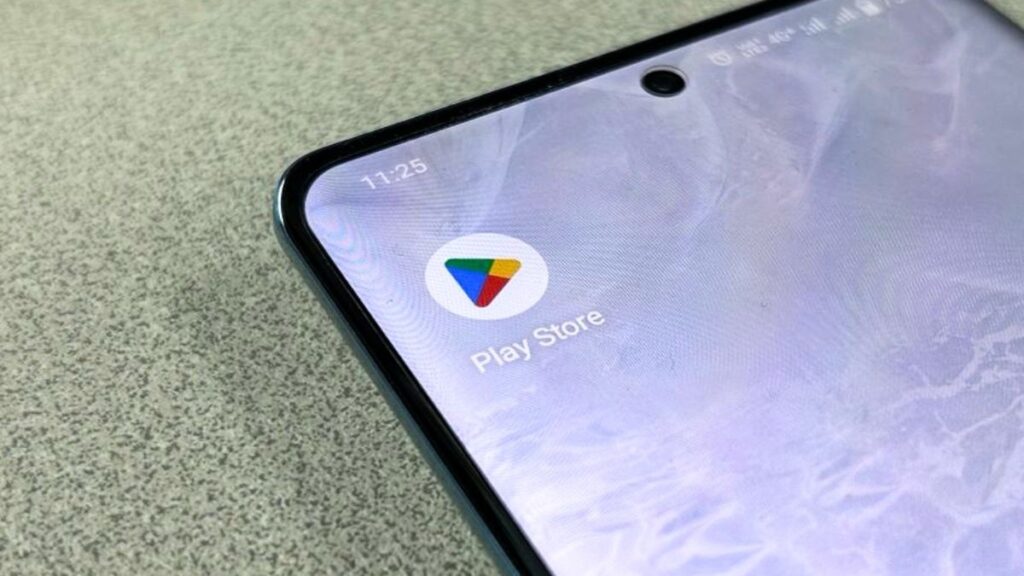In a major change in the mobile app landscape, Google has announced that it will allow competing third-party app stores on the Google Play Store. The move comes as a direct result of the ongoing legal battle between Fortnite developer Epic Games and Google.
The lawsuit, filed in 2020, claimed that Google’s restrictive policies and 30% commission on in-app purchases constituted unfair monopoly. Epic Games argued that these practices stifle competition and innovation in the Android app ecosystem.
U.S. District Judge James Donato issued a landmark ruling in the Epic v. Google case, ordering Google to open the Google Play Store to competition for three years. The ruling states that Google Play must host competing third-party app stores. Additionally, rival stores will have access to Google Play’s entire app catalog unless developers explicitly opt out, according to The Verge.
This ruling will foster competition, give users a variety of app stores to choose from, and give developers more distribution options.
“Google will have up to eight months from the date of this order to implement the technology necessary to comply with this provision, and a period of three years after the technology becomes fully operational.” shall be commenced,” the judgment states.
However, Google must implement security measures to protect users from harmful or illegal content and to ensure compliance with the law and its content guidelines.
Additionally, Google “may not share revenue generated by the Google Play Store with any person or entity that distributes Android apps or that launches or purports to launch an Android app distribution platform or store.” No.”
Google’s decision represents a significant concession in this case. By exposing the Play Store to competing app stores, developers have more flexibility and autonomy when distributing their apps. This change is in line with the European Union’s Digital Markets Act, which aims to promote fairness and competition in digital markets.
Meanwhile, Google has appealed Epic’s ruling, asking for a moratorium on implementation pending review. The company disputes this decision, citing three key points: Google and Apple are competing for app developers. Android’s open nature enables multiple app distribution channels beyond Google Play.
Google argues that this ruling is inconsistent with a ruling upheld by Apple, which found that Android and iOS compete in the same market.


